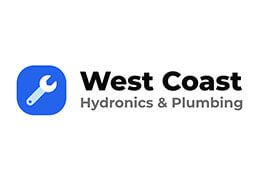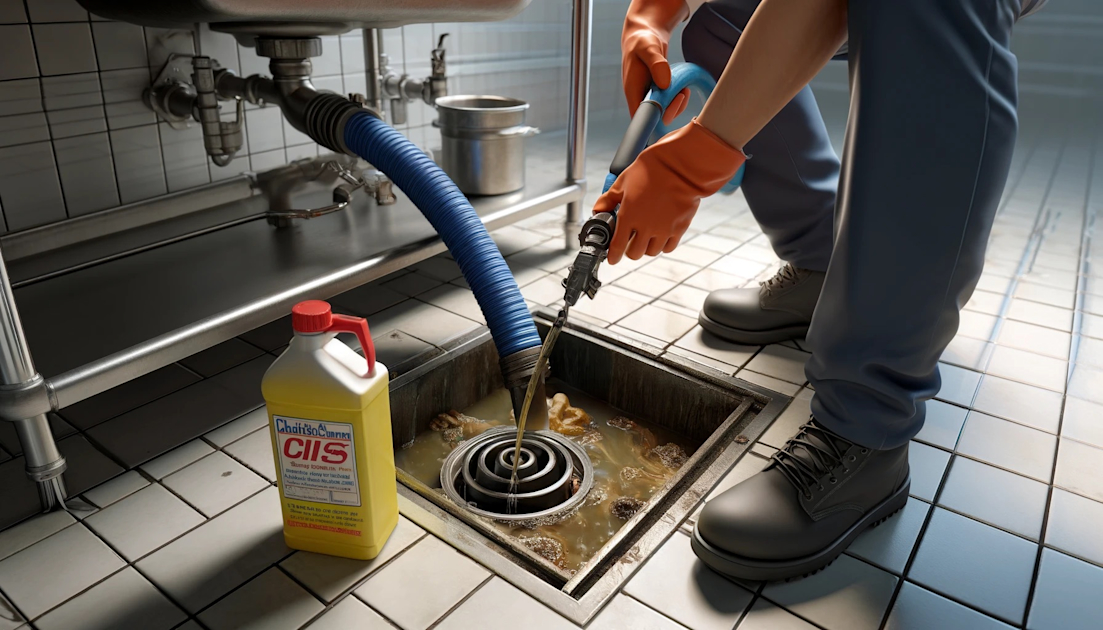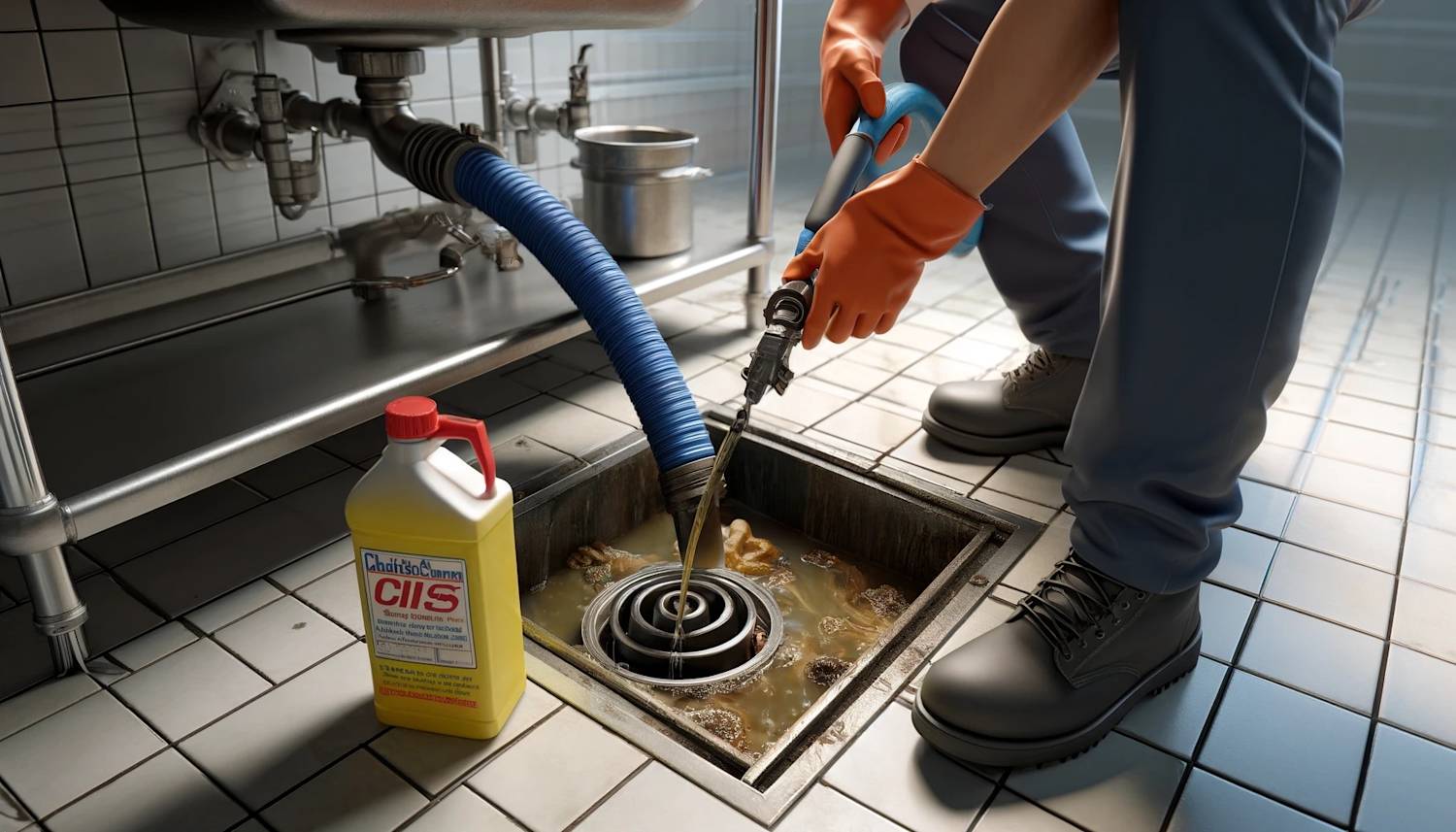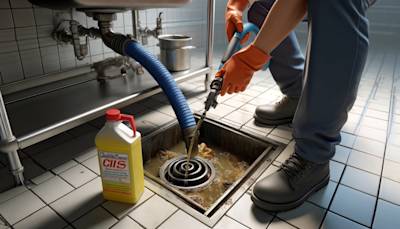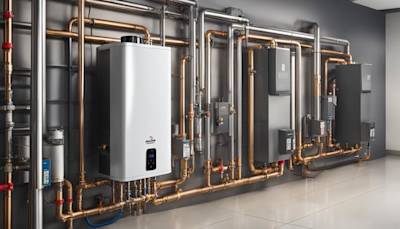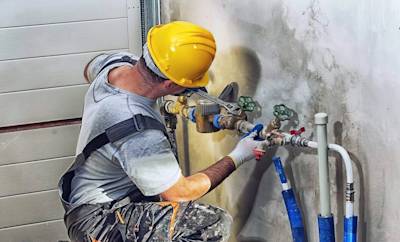Establishing a successful restaurant or food business is a challenging venture. Among the intricate needs of the operation, the often overlooked grease trap cleaning maintains hygiene standards and ensures smooth restaurant operations. Often hidden under the business's physical structure and plumbing systems, the grease trap is a vital unit designed to intercept most solids and greases before they enter the wastewater disposal system. Regular and professional cleaning of your grease trap is an essential routine for your business, offering several critical benefits.
Understanding the Importance of Grease Trap Cleaning
Grease traps are designed to reduce the amount of fats, oils, and greases that enter the mainstream sewer. These substances, if left unchecked, can build up and lead to severe plumbing and sewer issues. Therefore, a properly maintained grease trap is essential for the efficient operation of any establishment that disposes of significant volumes of wastewater, including restaurants, hotels, and other food-related businesses.
Preventing Blockages and Backups
When grease accumulates in the trap and hardens, it can lead to blockages and significant disruption in your business operations. Therefore, regular grease trap cleaning can prevent business delays and costly repairs to your plumbing systems.
Moreover, proper grease trap maintenance can also prevent odorous gas build-up, a potential turnoff for customers and staff alike. Regular cleaning will ensure that any gas trapped during the grease hardening process is appropriately vented, preventing any unpleasant smell from the trap.
Promoting Environmental Responsibility
Adopting a regular grease trap cleaning procedure not only benefits your business but also demonstrates your commitment to environmental sustainability. A clean and efficient grease trap ensures minimal contamination of wastewater with harmful fats, oils, and grease.
Professional vs. DIY Grease Trap Cleaning
Now that you understand the importance of maintaining a clean grease trap, it's crucial to choose the right grease trap cleaning method suited for your business operations. While it may seem tempting to try and perform the cleaning yourself, hiring a professional can save time, ensure thorough cleaning, and limit future problems.
What Professional Grease Trap Cleaning Involves
Professional grease trap cleaning companies use specialized equipment to pump out and dispose of the accumulated waste efficiently and safely. A list of the general steps involved includes:
- Checking grease trap systems for any visible defects and leaks.
- Pumping and scraping out the grease, oils, and solid materials buildup.
- Inspecting the interior of the grease trap to ensure thorough cleaning.
- Sanitizing the grease trap.
- Recording the services performed for health department compliance and record-keeping.
Essentially, professional services not only improve the functionality of your grease trap but also extend its lifespan, saving you the cost of frequent replacements and potential damage to wastewater systems.
Risks of DIY Grease Trap Cleaning
Handling grease trap cleaning without professional assistance can pose substantial risks. A single mistake can lead to significant problems, including:
- Inefficient cleaning leading to rapid accumulation of FOGs (Fats, Oils, and Grease)
- Potential damage to the grease trap system due to improper handling.
- Non-compliance with local health regulations and guidelines for grease trap management.
Ultimately, working with a professional grease trap cleaning service frees up time for you to focus on your core restaurant operations, secure in the belief that your grease trap is in good hands.
Making the Most of Grease Trap Cleaning Services
Maintaining a regular grease trap cleaning schedule is crucial for the longevity of your grease trap and the health of your plumbing systems. Working with professionals ensures that your business adheres to local regulations, promotes hygienic standards, and safeguards against potential plumbing disasters.
If you're in the food service industry, adopting a professional approach towards grease trap maintenance goes a long way towards a smooth and successful operation. Prioritize regular grease trap cleaning today and reap the benefits of efficiency, reliability, and simplicity!
Grease Trap Cleaning FAQs
How often should a grease trap be cleaned?
The frequency of grease trap cleaning varies depending on the size of your restaurant and the volume of FOG your kitchen produces. However, most regulations require cleaning when the trap is 25% full. This is typically every one to three months, but it can also depend on local health and sanitation regulations.
Can I clean my grease trap myself?
While it is technically possible to clean a grease trap by yourself, most businesses prefer to hire a professional. Grease trap cleaning can be a messy, time-consuming, and unpleasant task. Professionals possess the necessary tools and expertise to complete the job efficiently and can even dispose of the waste in a manner compliant with local regulations.
What is the process of grease trap cleaning?
Grease trap cleaning involves several key steps. Initially, the top of the trap is removed, and the depth of the grease layer measured for record-keeping. Next, all waste material, including solids at the bottom, is removed. Finally, the interior of the trap is scrubbed to remove any residual FOG, and the components are reassembled. After cleaning, a report of the cleaning is generally provided detailing what was found and any recommendations.
What happens if I don’t clean my grease trap regularly?
Failure to regularly clean your grease trap can cause FOG to accumulate and harden in your trap and pipes. This can lead to foul odors, blocked sewer lines, emergency repairs or replacements, and potential fines from local authorities.
What do I do with the waste from the grease trap cleaning?
It's critical to note that the waste from a grease trap should not be thrown in the trash. Most areas have specific rules regarding FOG disposal. A professional grease trap cleaning service can ensure the waste is disposed of legally and responsibly.
Why does my clean grease trap smell bad?
Even after cleaning, your grease trap can still emit odors. This could be due to waste material left behind or incoming waste water. If the smell persists, it could indicate a need for more thorough cleaning or the existence of larger plumbing issues.
Can grease trap cleaning affect my business operation?
Grease trap cleaning can be scheduled during off-peak hours to minimize disruption to your restaurant operations. Typically, cleaning takes a few hours, but the duration can vary depending on the size of the grease trap and the extent of the FOG build-up.
Can regular grease trap cleaning save me money?
Absolutely. Regular grease trap cleaning can help you avoid costly repairs or replacements. By keeping FOG from hardening and clogging your pipes, you can help extend the life of your grease trap and save yourself from potential fines or commercial kitchen shutdowns.
Pros and Cons of Grease Trap Cleaning
Pros of Grease Trap Cleaning
Prevents Blockages
Cleaning your grease trap regularly is essential for maintaining smooth system operations. This is because the buildup of fats, oils, and greases can lead to:
- Blockages or overflow
- Damage to the wastewater system
- Foul odors
Compliance with Health Standards
Grease trap cleaning ensures compliance with local health and environmental standards. Regular maintenance helps:
- Prevent regulatory violations and costly penalties
- Foster a cleaner and healthier environment for your business
- Support public health by mitigating pollution
Enhances Efficiency and Longevity
Regular cleaning and maintenance can enhance the efficiency and longevity of your grease trap. Implementing proper grease trap cleaning procedures can:
- Minimize system downtime
- Improve system efficiency by reducing buildup
- Prolong the lifespan of your grease trap
Savings in Costs
Lastly, investing in regular grease trap cleaning can result in significant cost savings over time. This is due to:
- Lower maintenance and repair costs from reduced instances of damage
- Avoidance of hefty fines for non-compliance with regulations
- Decreased likelihood of expensive system replacements due to wear and tear
Cons of Grease Trap Cleaning
Inconvenience of Cleaning
The process of cleaning a grease trap can be inconvenient. This could include:
- Disruptions to business operations during cleaning
- The need for proper disposal of waste
- Possible unpleasant odors during service
Time Consuming
Regular grease trap cleaning can be time consuming, especially if done personally. This includes:
- Allocating time to conduct the cleaning process
- Inspecting and monitoring the grease trap's condition
Requires Technical Skills
Proper grease trap cleaning requires technical knowledge and experience. In this regard, the cleaning process may be challenging because:
- Incorrect handling can damage the system
- Specific knowledge is necessary to accurately assess the system's condition
- Professional help may be required, adding to costs
Conclusion
The pros and cons of grease trap cleaning clearly shows that the benefits far outweigh the possible drawbacks. Despite the potential cons, regular grease trap cleaning is undoubtedly an integral part of maintaining a clean, efficient, and compliant food service establishment.
Summary
So, how important is grease trap cleaning? Ultimately, it's a crucial service that can prevent the underlying plumbing from turning into a ghastly and expensive nightmare. Neglected grease traps can cause severe blockages and an unpleasant odor. Regular "grease trap cleaning" ensures your business runs smoothly while adhering to health and safety guidelines. It’s a must for reducing potential health risks and maintaining a clean, pleasant environment.
If you don't put a high priority on grease trap cleaning, you’re likely to run into serious troubles. Over time, the solid waste builds up and leads to blockages. Cleaning at regular intervals can avoid this and ensure everything flows smoothly. Never underestimate the value of a clean grease trap, folks. It can spare you unnecessary problems and expenditures.
Lastly, let's not forget about the environment. Grease trap cleaning is not just about preventing blocked pipes or foul smells. It’s also about preventing fats and oils from entering the sewage system, protecting our waterways. It's a small, simple step that can lead to a greener, healthier planet. So, grease trap cleaning isn’t just good for your kitchen; it’s also good for the earth around us!
About West Coast Hydronics & Plumbing
Welcome to West Coast Hydronics & Plumbing, your friendly neighborhood plumbing expert in Sacramento, CA, committed to providing top-notch services tailored to your needs. We are dedicated to our trade, offering a comprehensive suite of services including Hydronics & Plumbing installations, repairs and maintenance. We are all about enduring solutions, expert advice, and excellent service delivery. Whether you look for the smallest leak or a large scale plumbing solution, we got your back. Learn more about our services at All Plumbing Solutions CA. Trust us to keep your systems in optimal condition, because at West Coast Hydronics & Plumbing, we settle for nothing less than the best!
